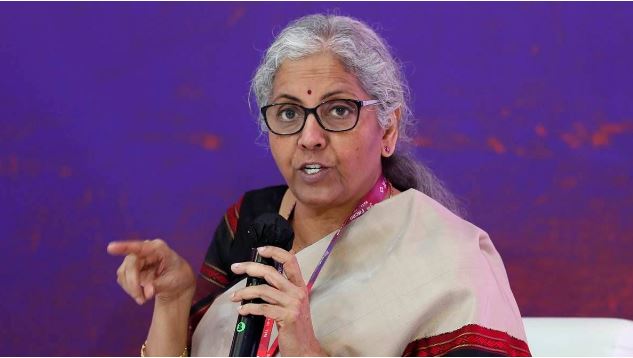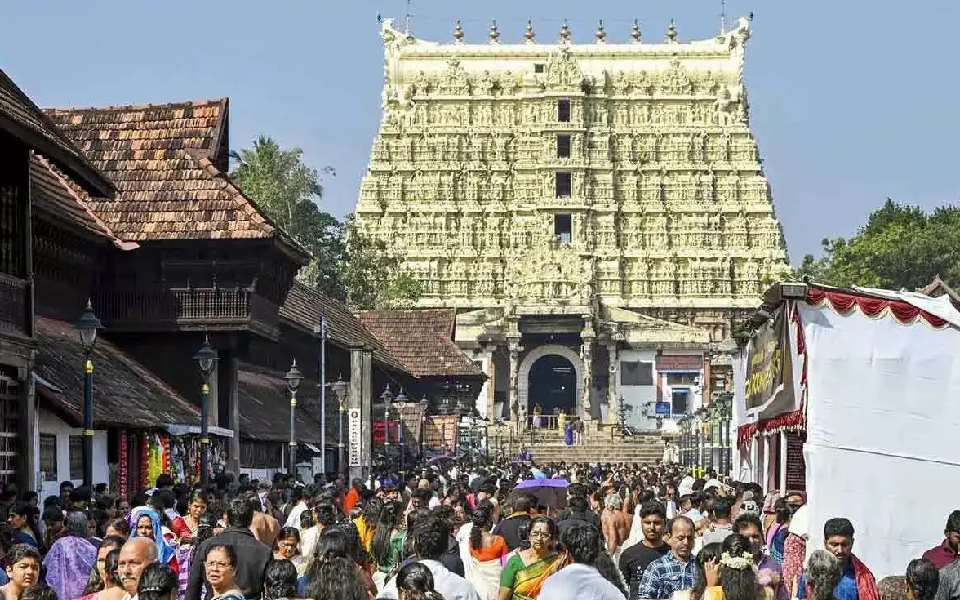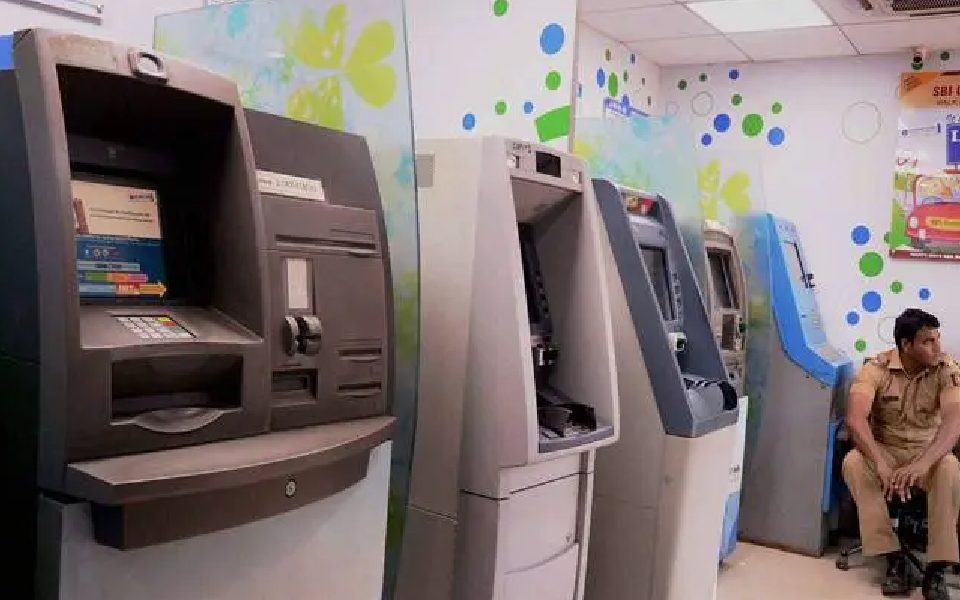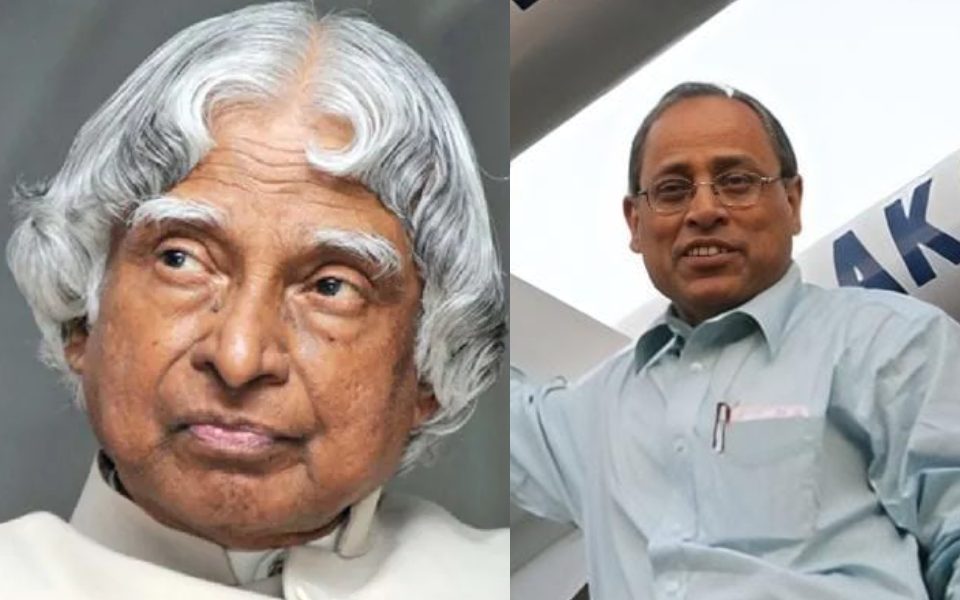New Delhi, Mar 4: The government is not in a "crazy rush" to sell everything and it will continue to have a presence in four strategic sectors, including telecom, Finance Minister Nirmala Sitharaman said on Saturday.
In strategic sectors, a bare minimum presence of the existing public sector commercial enterprises at the holding company level will be retained under government control. The remaining enterprises in a strategic sector will be considered for privatisation or merger with another PSE or for closure.
Speaking at the Raisina Dialogue, the minister said that the country will have government-owned professionally run companies in four broad strategic sectors.
According to the PSE Policy, the four broad strategic sectors are - atomic energy, space and defence; transport and telecommunication; Power, Petroleum, Coal and other minerals; and Banking, Insurance and Financial Services.
The policy, she added, "is not a crazy rushing out to sell everything..nor it is saying that the government will run the business of producing pins to crops to everything. So where the government doesn't have to be, it won't. But where because of strategic interests you have to be, it will be there like telecom for instance.
"There will be a telecom company which will be government owned and it will be run professionally."
Explaining the minimum presence of government in those core sectors, she said, "We mean that institutions which are big enough to run on their own steam will be there but if there are others who are very small or unsustainable or not scalable, if there is a possibility, we will try to blend them so that bigger unit, sustainable unit, a unit which can on its own take care of its needs."
The government will blend them and create a larger entity which can continue to be there, she said.
Sitharaman in the latest Budget announced that the government will raise Rs 51,000 crore by selling stakes in various state-run companies in FY24. This is marginally higher than the current year ending on March 31, 2023.
In the last budget, the government intended to raise Rs 65,000 crore through divestments, which was later revised to Rs 50,000 crore. At present, the government is trying to work on the privatisation of a number of central public sector enterprises, such as IDBI Bank, Shipping Corporation of India, NMDC Steel, BEML, HLL Lifecare, Container Corporation of India and Vizag Steel.
Process for disinvestment for these companies have already started and are at different levels, and are expected to be completed in the next fiscal if the target of Rs 51,000 crore is to be met.
The government has missed its disinvestment target for the past four years.
On asset monetisation, Sitharaman said it is being encouraged so that assets which are not optimally generating revenues are used to generate earnings for the government or its entities.
Monetisation does not mean selling or giving assets for free but a certain value is assessed and accordingly put to productive use, she said, adding, asset monetization would continue.
Asked what gives her confidence that India's growth would be intact, the Finance Minister said, "we have the right combination of things that matter for a growing economy-- a middle class, captive market with purchasing power, tech-driven public investment and product and digital infrastructure."
Besides, she said, India has a rule of law which ensures justice to its citizens and business despite delays.
Talking about India's attractiveness, she said, there are several ministers who are part of the G20 who have been speaking of friendshoring (sourcing of products from countries with shared values).
India has been talking about how multilateral institutions need reform and at the recent G20 meeting India proposed to set up an expert panel on how multilateral development institutions should respond to the 21st-century challenges, she said.
On climate finance, the finance minister said there is a greater readiness to discuss the global south and their needs.
Let the Truth be known. If you read VB and like VB, please be a VB Supporter and Help us deliver the Truth to one and all.
Thiruvananthapuram, May 11 (PTI): The gold, which had gone missing from the famous Sree Padmanabhaswamy Temple here, has been found, police said on Sunday.
The gold, in the form of a 20 cm-long rod, was discovered on a pathway near the strongroom where it had been kept inside the temple.
It was recovered during an inspection by the police. Around 12 sovereigns (approximately 96 grams) of gold had been stored at the temple for gold plating work.
Police said they are still investigating how the gold, which was stored in the strongroom, ended up on the sandy pathway.
On Saturday, an officer from the Fort police station, where the complaint was filed, stated that gold plating work was last done two days ago, after which the remaining gold was secured in a locker.
When the gold was taken out again for work, around 12 sovereigns were found to be missing, following which temple authorities lodged a complaint, he said.
The temple, known for its vast treasures, is one of the richest in the world.





